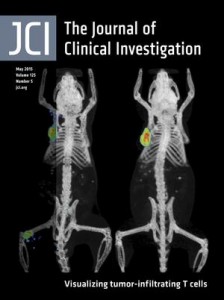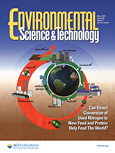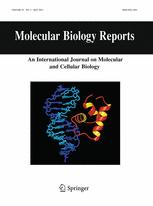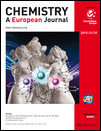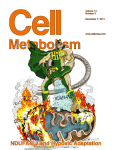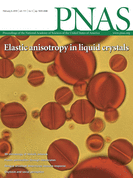 The authors of a paper on dengue virus vaccine design published last year in PNAS are retracting it after discovering that their experimental dengue virus was contaminated.
The authors of a paper on dengue virus vaccine design published last year in PNAS are retracting it after discovering that their experimental dengue virus was contaminated.
Although they are confident that the strategy is sound, the authors write in their commendably detailed retraction notice that the “inadvertent error” rendered the results “uninterpretable.”
Here’s the retraction notice: Continue reading PNAS paper on dengue virus pulled due to contamination

